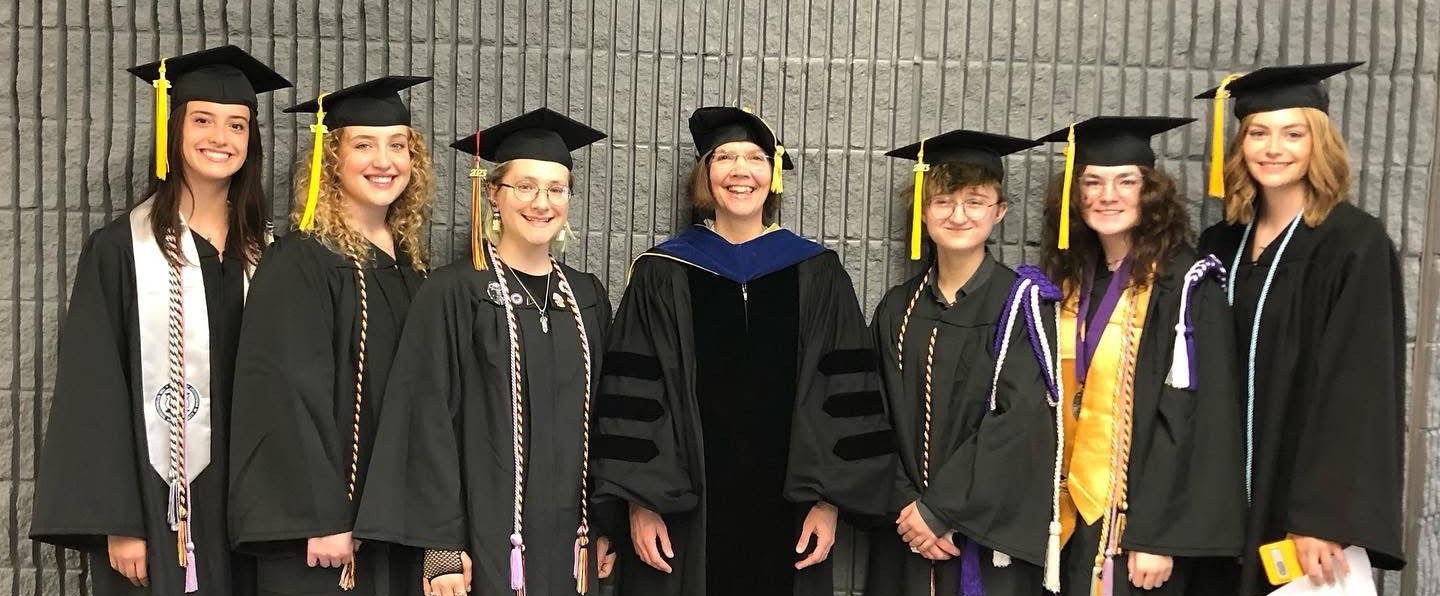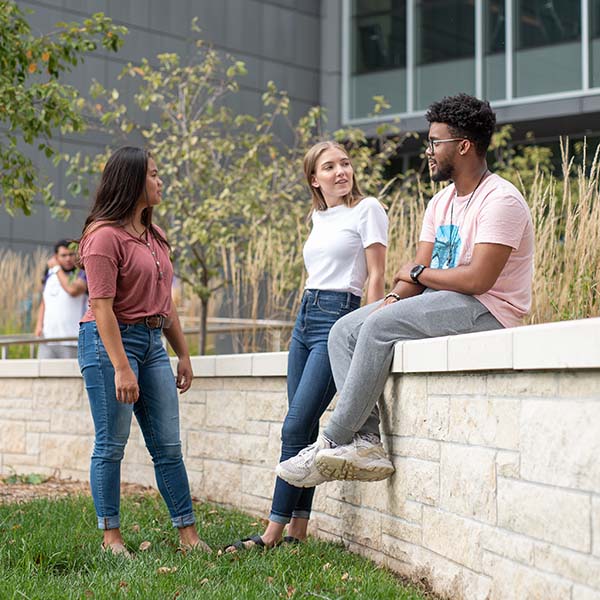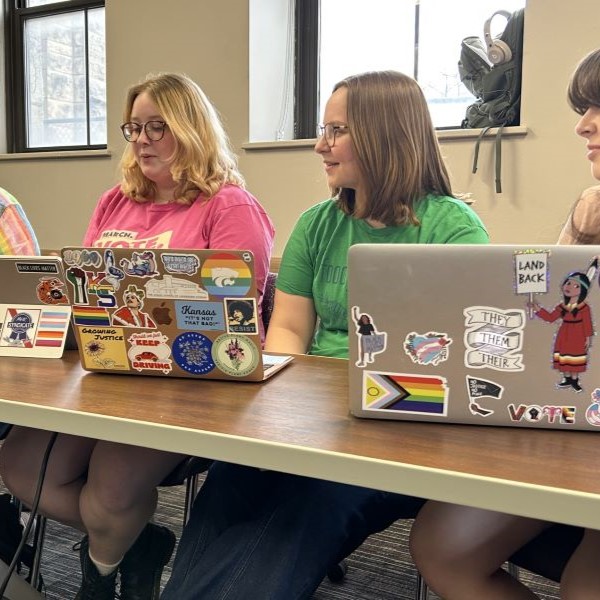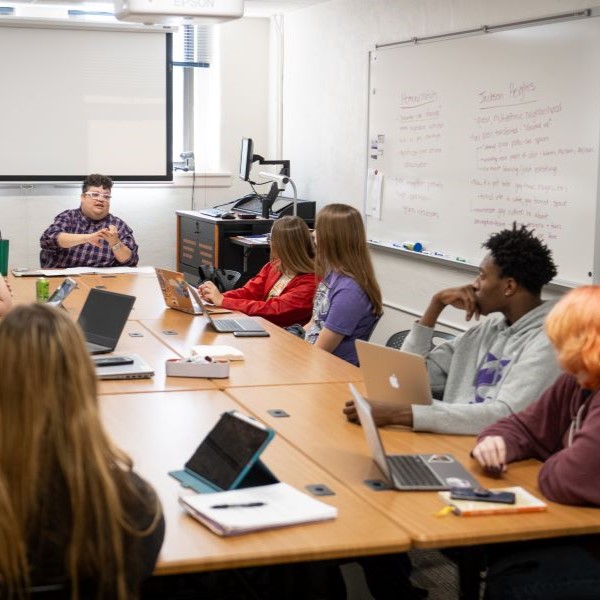
Social Transformation Studies
It's your time to change the world
Launch your future with social transformation studies.
Take your passion for advocacy and equal justice to new heights.
In social transformation studies, you’ll learn how to create social change rooted in equity and learn about the histories and dynamics that have impacted individuals and communities that are often ignored. Together, with the communities you study, you will develop solutions to positively transform society.
- Set yourself apart on the job market by developing some of the most sought-after competencies that employers seek
- Sharpen your critical thinking with award winning teachers
- Connect with like-minded peers
- Become a real-world problem solver
- Break down barriers
Our graduates are prepared to tackle our world’s most complex social issues. They develop deep understandings of how our history informs present power struggles.
Graduates from social transformation studies are national leaders in community engagement, gender equity, transgender advocacy, multicultural competency in institutions, food justice, health equity, Indigenous legal advocacy, and intersectional justice work. As the only program of its kind in Kansas, social transformation studies empowers you to make an impact.
Areas of study
Drawing on the interdisciplinary scholarly and pedagogical traditions of the fields of ethnic studies and gender, women, and sexuality studies, the Social Transformation Studies major offers students a base of knowledge and skills that will enable them to launch and sustain careers devoted to tackling some of the most pressing social issues facing Kansans, and Americans more broadly, including health disparities, food insecurity, gender violence, and racial and economic inequalities.
Social Transformation Studies (STRAN) majors can choose an American Ethnic Studies (AMETH) track or a Gender, Women, Sexuality Studies (GWSS) track.
Learn how race and ethnic understandings have been shaped across history. We explore Native American, African American, Mexican/Latina/o American, and Asian American historical and cultural dynamics and prepare students to function productively in today's multicultural society.
Faculty and students analyze personal experience and social institutions as they shape and are shaped by gender, sex, sexuality, race/ethnicity, class, (dis)-ability and global location. This analysis enables both an understanding of oppression as well as a vision of social equity and justice.
Helps students analyze Gay, Lesbian, Bisexual, Transgender, Intersex, Queer, and Two-Spirit subjects and objects. Importantly, the minor also provides them with the tools to understand Queer Studies theories and methods.

A different lens
Richie Garrett's passion for uncovering Black history and heritage motivates both his dedication to the American Ethnic Studies major and his dedication to photojournalism. His education at K-State has prepared him to tell what he calls "true stories" and "real news." He indicates: "I want to become a photojournalist so I can help document daily life news . . . I want to be the voice and use my platform for others who are afraid to stand up for equal rights."
Get involved
To better understand differences and similarities, you can volunteer, intern and work in various places in town that help and give back to the community.



